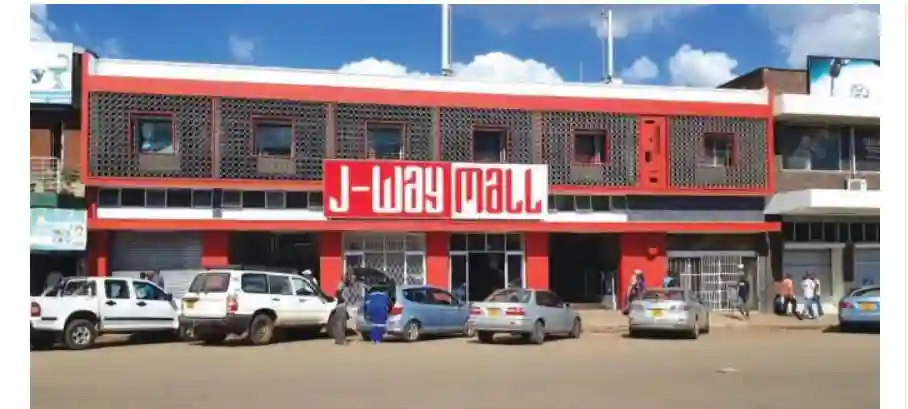Urban planning expert Percy Toriro says the emergence of shopping malls has transformed the structure and form of the Harare Central Business District (CBD) in significant ways.
Toriro says existing infrastructure is being strained by the emergence of the shopping malls, that were not on the original plan of the city. He said:
There is now an increase in the volume of both vehicular and pedestrian traffic coming into the central business district area on a daily basis, some being workers in these malls and others being their customers. This is causing congestion and overcrowding in the city centre.
There is an increase in demand for services because of this overcrowding, but without a corresponding investment in additional services. The effect of these developments has pushed out some quality, rich tenants and property owners out of the CBD.
So, whilst many are coming in, some are leaving. The vacant CBD buildings are occupied by the smaller businesses who cannot afford large spaces, hence the partitioning of formerly large premises into smaller units.
Harare City Council spokesperson Michael Chideme said the partitioning of large buildings into small shopping malls is legal, creates employment, and beautifies the city and this move is in line with the vision of Harare to achieve a world-class city by 2025. Chideme said:
Harare has a huge deficit of shopping malls. We want more malls and encourage businesses to construct huge multi-use malls.
Others believe there is a lot that needs to be done to align them with national development aspirations.
Confederation of Zimbabwe Retailers Association president Mr Denford Mutashu says while the proliferation of shopping malls is a good sign of a growing economy, there is a need to enforce rules for them to benefit the country.
Some of the shopping malls lack proper infrastructures like ablution facilities and other amenities.
More: The Herald

